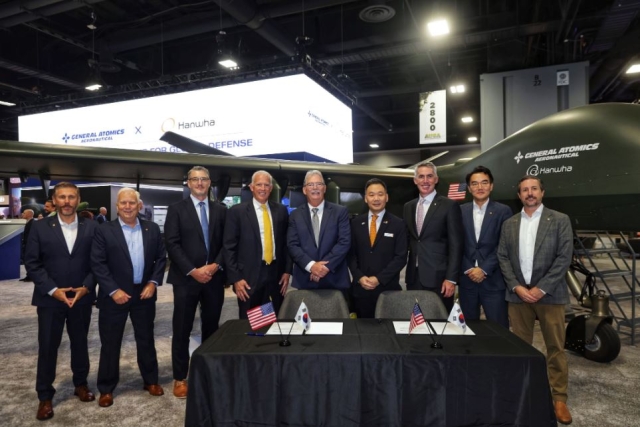Rockwell Collins Wins $3.1 Million DARPA Contract
Rockwell Collins has been awarded a three-year contract valued at $3.1 million to develop technology that will dramatically reduce the size, weight, power and cost (SWAP-C) of software defined radios.
“Current software defined radios provide military customers with faster, more robust communication because they operate over wide frequency bandwidths. However, there remains a strong need to reduce SWAP-C,” said John Borghese, vice president, Advanced Technology Center for Rockwell Collins. “Working hand-in-hand with DARPA, we’ll be developing and demonstrating a new transmitter that overcomes one of the most prevalent technology challenges – the need to assure a spectrally compliant signal is being transmitted over the airways.”
Borghese stated, “Current designs use filtering to prevent unwanted signals, but it comes at the expense of a larger, more expensive and power consuming transmitter. The new transmitter being developed by Rockwell Collins will prevent unwanted harmonics from occurring in the first place.”
Rockwell Collins will be using a circuit topology that depends on Diverse Accessible Heterogeneous Integration (DAHI) Foundry Technology to achieve the high levels of integration necessary for harmonic cancellation. Using this technique, Rockwell Collins will build a circuit that is very small, yet still provides high power and broadband operation.










